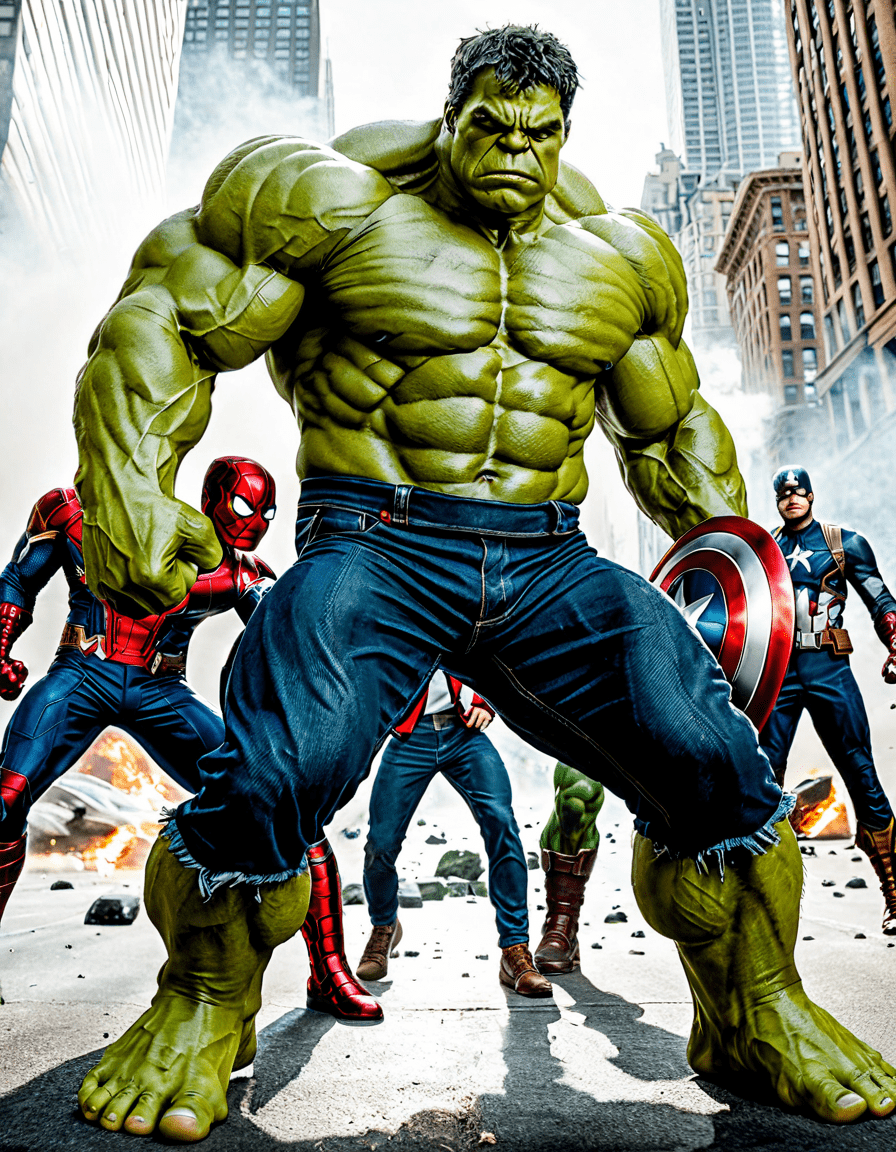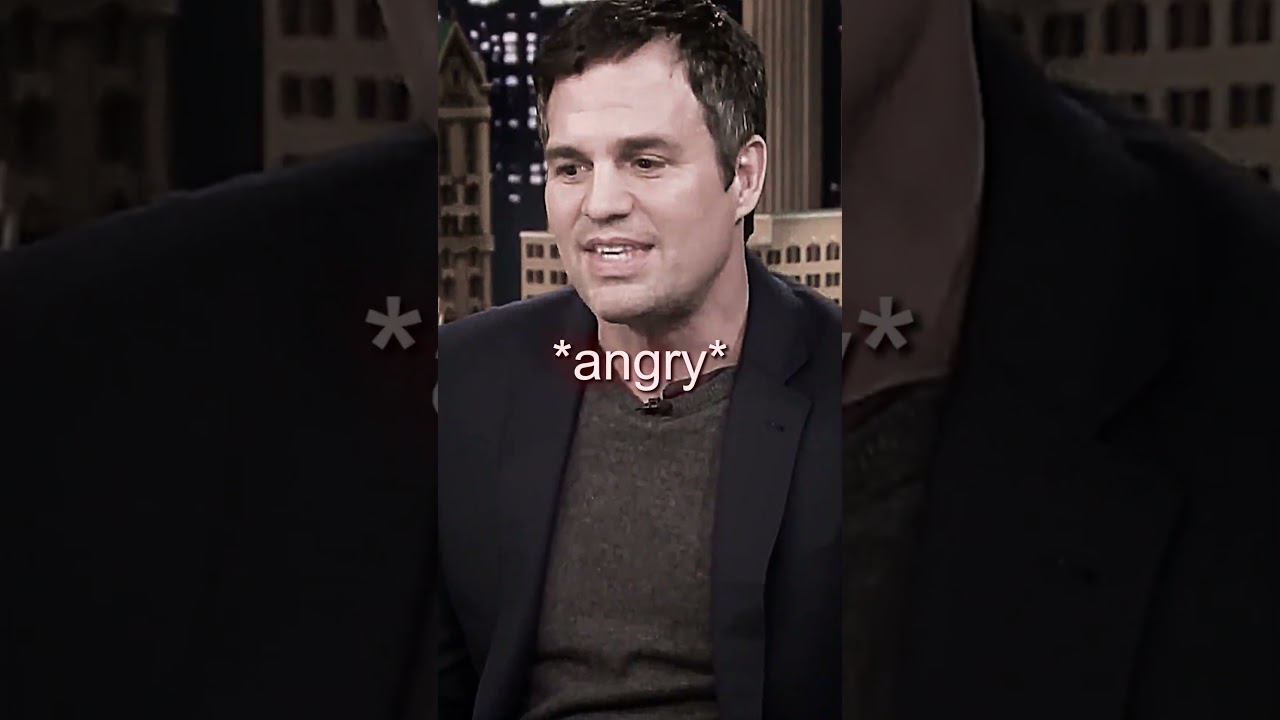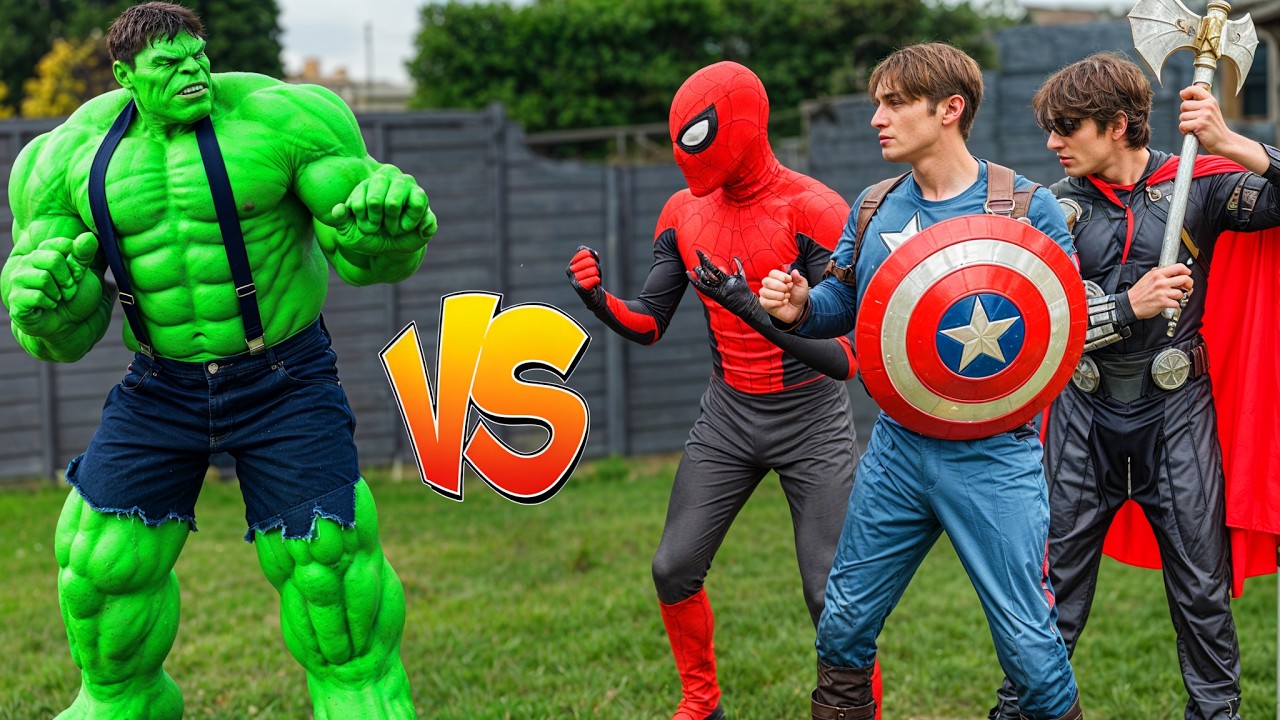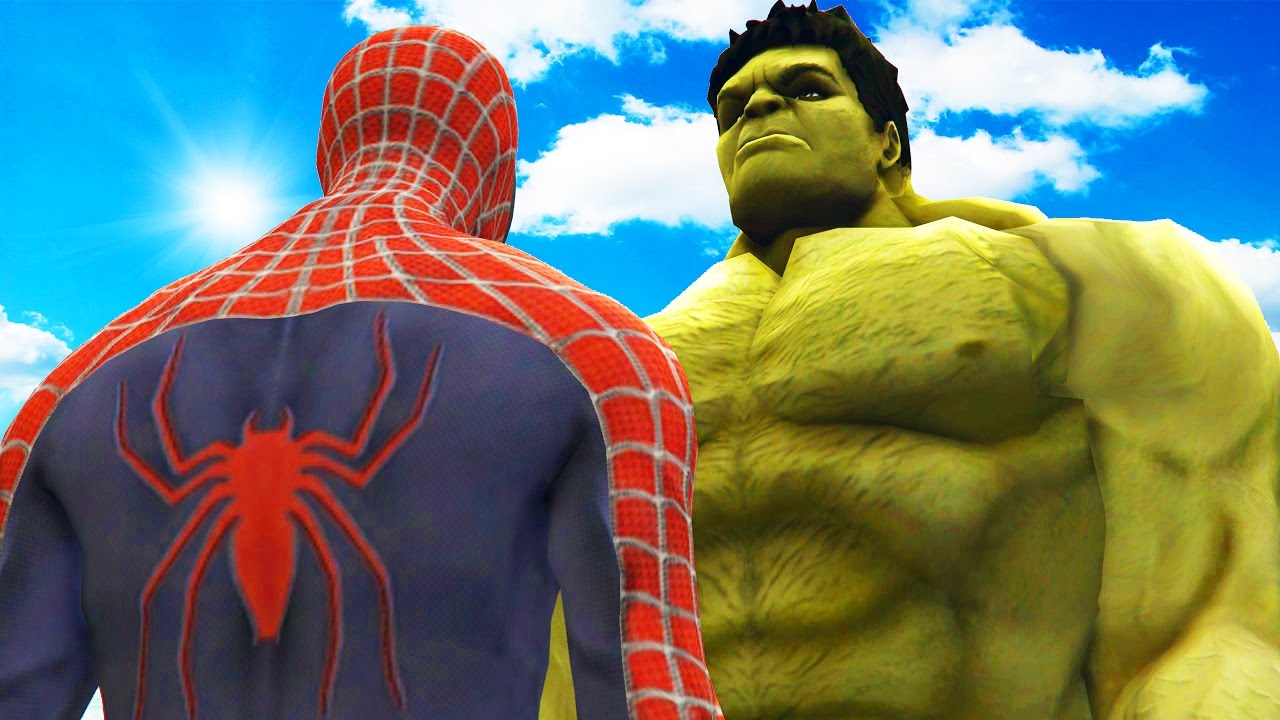The Hulk, one of Marvel’s most iconic characters, burst onto the scene in 1962, and boy, has he evolved! From comic book panels that captured the imaginations of youngsters to the big-screen blockbuster titan we know today, the journey of the Hulk is nothing short of fascinating. Bruce Banner’s alter ego isn’t just a monstrous figure; he’s a symbol of strength and resilience, illustrating the struggles of humanity in the face of adversity. This article takes you on an engaging journey through the evolution of the Hulk, highlighting the pivotal moments and underlying themes that define this beloved character.
The Hulk’s Evolution Through the Ages: From Comic Panels to Cinematic Titans
Let’s take a stroll down memory lane, shall we? The Hulk debuted in “The Incredible Hulk” #1 during the Silver Age of Comics, a time filled with fears about nuclear power and the anxieties of the Cold War. Initially, Hulk was a creature of rage and tragedy, echoing the horror of being misunderstood—much like how society often views those who struggle with identity.
Silver Age of Comics
The 1970s Adaptations
Animated Success
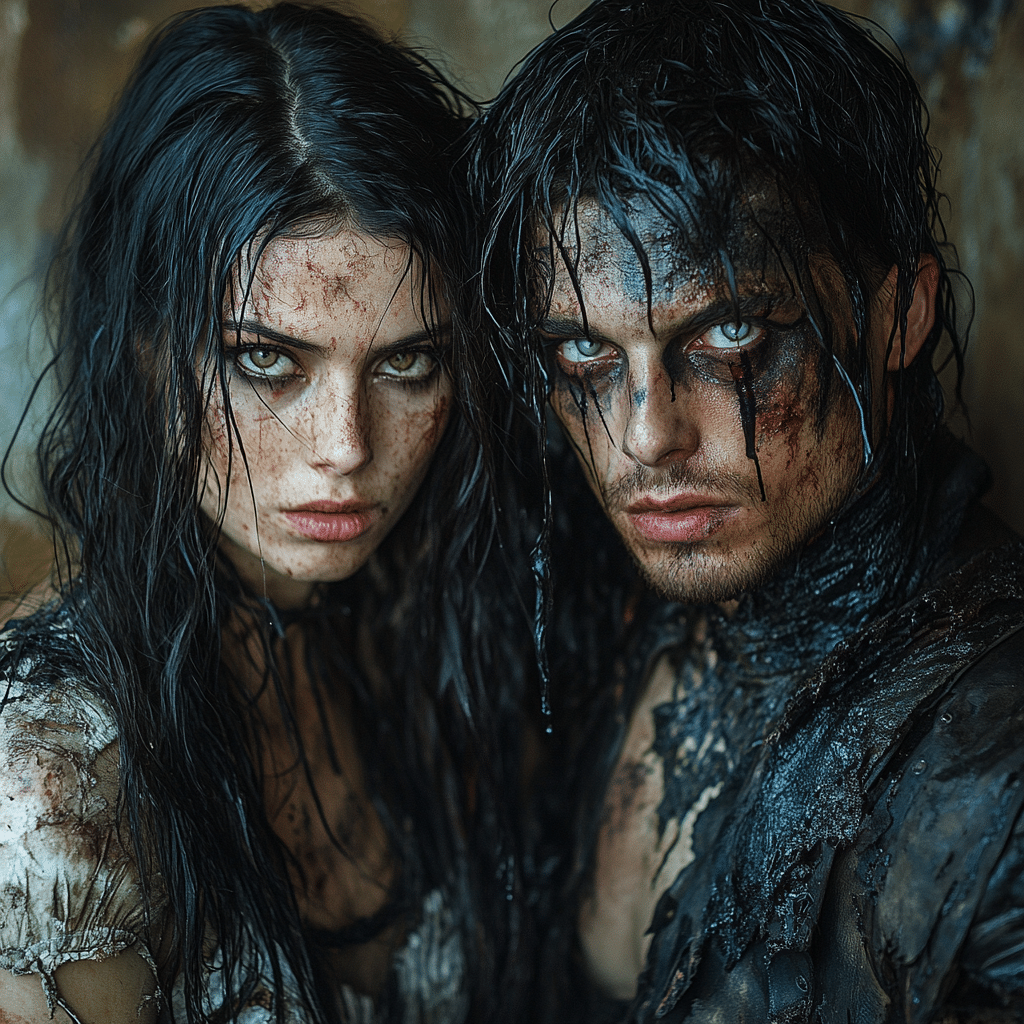
The Hulk Meets the Zombie Apocalypse: A Unique Intersection of Genres
Now, let’s talk genre-bending! The crossover of Hulk with the zombie narrative is not only thrilling but also thought-provoking. Marvel’s “Marvel Zombies” series turns our favorite hero into a brain-hungry fiend, and in doing so, opens up fascinating conversations about humanity—and the darker sides of ourselves.
Marvel Zombies (2005)
Cultural Reflections
Titans of Cinema: The Hulk’s Impact on the Marvel Cinematic Universe
If there’s one thing we can undoubtedly say, it’s that Hulk’s journey in the Marvel Cinematic Universe (MCU) has been monumental. With each film director and actor interpreting the character in varied ways, the Hulk hasn’t just become a fan favorite; he’s helped to redefine superhero cinema.
Eric Bana and Ang Lee’s 2003 Hulk
Edward Norton’s Hulk (2008)
Mark Ruffalo’s Introduction
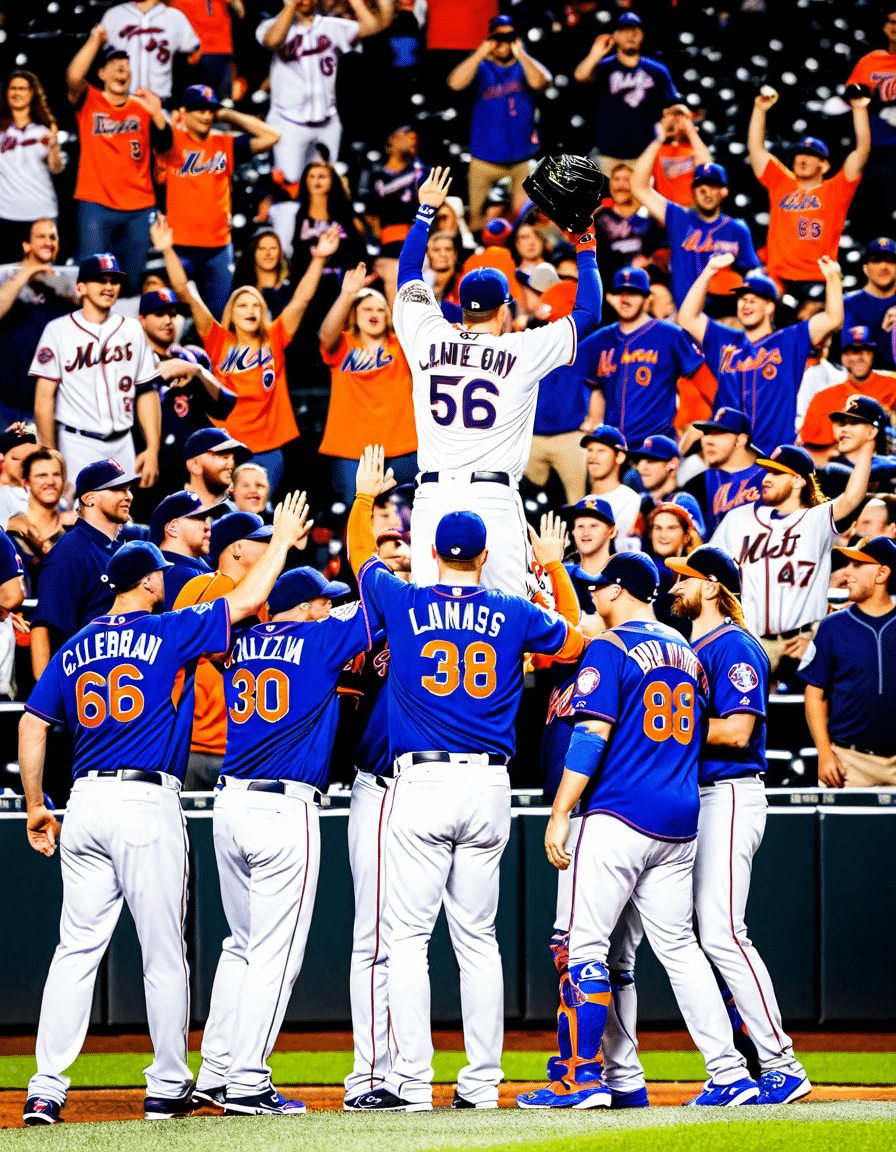
The Lessons from the Hulk: Finding Strength in Vulnerability
The narrative of Hulk goes far beyond just smashing and superheroics. Beneath that green exterior lies a deep relationship with vulnerability that resonates with fans worldwide—especially in today’s conversations around mental health.
Addressing Mental Health
Resilience Against Adversity
A Legacy That Inspires: The Future of the Hulk Franchise
As the MCU keeps expanding, so does the Hulk’s potential. Recent projects hint at deep-dive storylines that explore legacy and redemption, keeping Hulk at the forefront of modern storytelling.
Upcoming Projects
Hulk might just keep smashing through barriers, redefining what it means to be strong in today’s world.
Closing Reflections: The Hulk as a Symbol for Every Generation
The journey of the Hulk from a misunderstood monster to a cultural icon encapsulates the complex human experience beautifully. Themes of mental health, identity, and resilience weave through his narrative, offering insights that hit close to home for fans.
Every time we see Hulk smash, we’re reminded that amidst chaos, there’s a drive for change and growth. As we look towards the future, the Hulk stands as a beacon—a powerful reminder that our struggles can lead us to discover our strengths, perfectly aligning with the intricate tales woven throughout cinema. So here’s to Hulk, a figure of perseverance, courage, and ultimately, hope for generations to come!
Hulk: Fun Trivia and Interesting Facts
From Comic Books to the Big Screen
The journey of the Hulk is as massive as the character himself! Debuting in 1962 in Marvel Comics, the Hulk was created by the brilliant mind of writer Stan Lee and artist Jack Kirby. Interestingly, the Hulk was inspired partly by the story of Dr. Jekyll and Mr. Hyde, giving a relatable twist to the struggle between good and evil. Just like the late Mickey Mantle in baseball, who had his share of ups and downs, Hulk’s evolution has seen highs and lows, particularly in how he’s portrayed across various media. Some adaptations have hit the mark, while others, well, let’s just say they didn’t quite smash it like Hulk would!
Behind the Scenes and Cultural Impact
Over the years, Hulk has become a cultural icon, synonymous with rage and strength—an embodiment of emotional and physical power. The character’s complexity reflects broader societal issues, mirroring the struggles many face in dealing with their inner demons. And speaking of demons, the character has sparked discussions way beyond comics, touching themes seen in films like Perfect Blue, which dives deep into the psyche and the pressures of fame. Hulk’s presence even resonates in popular culture—you might remember the loveable dork who transforms into Hulk in the classic TV series, capturing the hearts of many.
Hulk in Pop Culture
The influence of Hulk reaches far and wide, appearing in numerous television shows, movies, and even video games. From animated series to the blockbuster films in the Marvel Cinematic Universe, Hulk has transcended his humble comic-strip origins. Discussions about Hulk often arise in forums as lively as a debate about the fate of Jimmy Hoffa—everyone’s got an opinion! Interestingly, some fans think of their own “Hulks” in life, the moments that push them to unleash their inner power, much like how a Roy Rogers movie might inspire bravery. And for those with a penchant for the bizarre, there are cursed Pictures associated with certain adaptations that have led to eerie phenomena, proving that Hulk’s legacy is anything but ordinary.
In conclusion, the Hulk’s story is a remarkable one, filled with inspiration, persistence, and a touch of the peculiar. The character’s evolution from comic book pages to cinematic masterpieces encapsulates a wild ride in the universe of heroes and villains. Much like Hulk’s duality, the journey of this iconic character is both a reflection of society and a thrilling part of pop culture, making fans eager for what’s next on his agenda!
